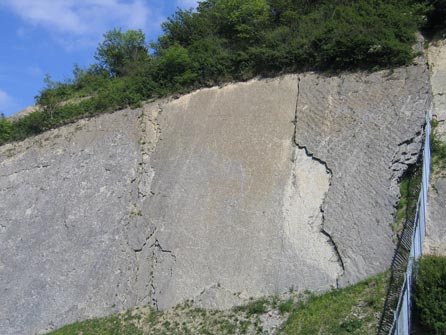Geologist Adam Sedgwick Born on this Day 1785
On this day in 1785, Adam Sedgwick was born. He was to play a vital role in the development of geology and did much to help improve our understanding with regards to the age of the Earth and the various geological periods that can be reflected in the fossil record. A graduate of Cambridge University, Sedgwick spent much of his working life collaborating with another pioneering British geologist, Roderick Murchison and between them they mapped and dated much of the strata of the British Isles. Adam Sedgwick was responsible for defining the Cambrian geological period and with Murchison, they defined the Devonian.
Visit Everything Dinosaur’s website: Everything Dinosaur.
Britain’s Developing Canal Network Permitted Access to Rocks
Extensive engineering projects and widespread quarrying as Britain developed its network of canals provided these early pioneers of geology with unprecedented access to the rocks and strata of the British Isles. This study was further augmented with the development of the railways. The industrial revolution greatly increased the demand for coal and this fuelled (no pun intended), a tremendous scientific interest in how rock layers are formed and their relative ages.
The Famous Ripple Beds at Wren’s Nest (Dudley)

The famous ripple beds at Wren’s Nest SSSI located in the West Midlands. Adam Sedgwick was one of the founders of the science of geology. A knowledge of geology helped find coal and other important resources to help fuel the industrial revolution. Picture credit: Everything Dinosaur.
Picture credit: Everything Dinosaur
The Science of Biostratigraphy
Adam Sedgwick played a significant role in the nascent science of biostratigraphy. Biostratigraphy is the study of the age of strata using the fossils preserved within the rock layers. Formations, that may be separated by hundreds of miles can be relatively dated using the fossils preserved within the sediments. Adam Sedgwick was a vehement opponent of Darwin’s theory of evolution. Although he admired Darwin for his methodical approach to research, he could not accept the consequences of the theory that Darwin postulated in his seminal book of 1859 – that of evolution by natural selection as explained in the “Origin of Species”.
Everything Dinosaur stocks a range of replica animals that represent iconic creatures from the fossil record: Iconic Fossil Animals.

